Need for action on adult literacy and numeracy

Research by the Learning & Work Institute highlights a huge disparity in adult literacy and numeracy across England, explains David Redden, Product Manager at the educational charity and leader in vocational and technical learning NCFE.
When the government set out the Levelling Up agenda, its core focus was to ensure opportunity was spread out more equally across the UK. Last week’s research by the Learning & Work Institute, however, points to the fact that this still very much isn’t the case when it comes to core literacy and numeracy skills.
According to the research, the proportion of adults with low levels of literacy and numeracy varies drastically across England. For those in the sector, this may not come as a surprise, but it doesn’t lessen the need for a different approach.
A decline in these skills for over a generation
For over a generation, we’ve seen a decline in these skills, yet still we seem unable to make the impact we want. With the Chancellor spending over half a billion pounds on the Multiply project, it shows that concern has finally reached the top and we welcome this level of investment. However, it only provides a solution for one half of the problem.
We’ve seen money spent on this in the past. However, the issue needs more than just money as there are other issues at play. Over the past decade, we’ve seen a 63% decline in adult essential skills, and two thirds of adults with low essential skills are in employment – so why is this the case?
2 in 5 adults recognised that they were entitled to free education
Recent research identified that only two in five adults recognised that they were entitled to free education to improve their skills. If people aren’t aware of the support that is available to them, how can they begin to proactively improve their skills?
This is already prevailing with the recent launch of the digital skills agenda. Despite over 11 million adults identified as needing to improve their digital skills, we’re seeing small numbers come through the newly launched qualifications so far – despite it being legally entitled funding to all adults, as well as 16–19-year-olds.
Marketing and promotion has been limited in this area. I would suggest that for most members of the public, their only contact with educational materials are generic flyers through the door for their local college. Given the lack of awareness, this is the area that needs to be focused on primarily; understanding how we can reach adults to encourage them to overcome barriers and take that first step is crucial.
Raising Awareness
Organisations such as National Numeracy have taken great strides to raise awareness, but more needs to be done. Employers have a big responsibility here and a great deal of self interest in this.
With such a high proportion of adults with low essential skills being employed, we need to reach out to the employers to get them to understand their role. The long-term benefits to them are well documented already, such as increased productivity and a high performing workforce.
NCFE has recognised this and recently gave colleagues the opportunity to sit an essential digital skills initial assessment, to identify if they need any learning intervention in this area. If so, there’s an opportunity for them to take a qualification, improving their confidence and performance.
This approach can be replicated for numeracy and literacy too. By working together with employers, it could create opportunities to tackle the skills imbalance once and for all.
Likewise, schools and colleges can look to work with parents and really focus on upskilling adults in literacy and numeracy – selling the benefits at inductions, parents’ evenings, and monthly newsletters. Parents being better positioned and able to support their children, whilst also improving their employment prospects, benefits all – particularly schools and their results.
I recognise there will be challenges to all this, but we need to come together and work on the solutions rather than just highlighting why something will fail or hasn’t worked in the past.
Multiply may run into the same problems as previous programmes if the campaign doesn’t reach the intended audience. We need to capture potential learners in the areas where it’s shown to be mutually beneficial to all parties to pursue an improvement in skills.
It’s only through a collaborative approach that we can begin to ‘level up’ core skills across the UK. Without literacy and numeracy, opportunities will continue to be limited – particular in areas with high deprivation.

David is the Product Manager for English, Maths, Digital and Skills Assessment at the educational charity NCFE. With over 12 years’ experience of working in the English & maths sector he has worked closely with subject specialists, sector leaders and regulators to ensure the needs of the learners are the core focus in this area.

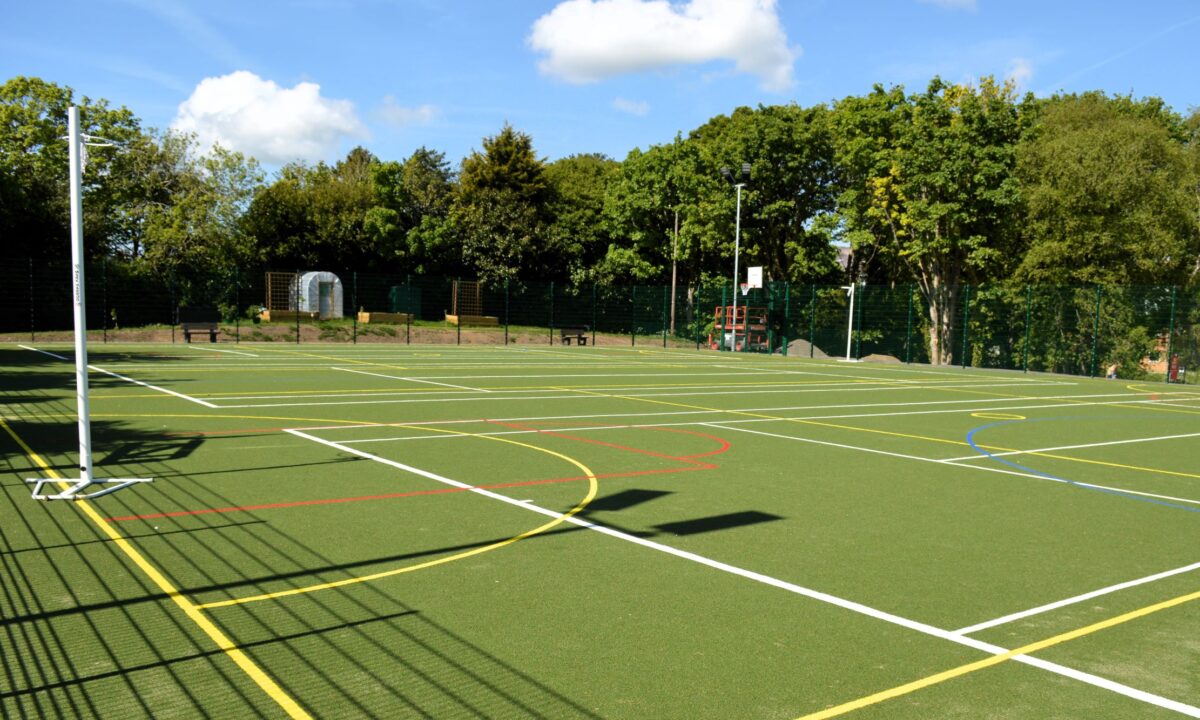


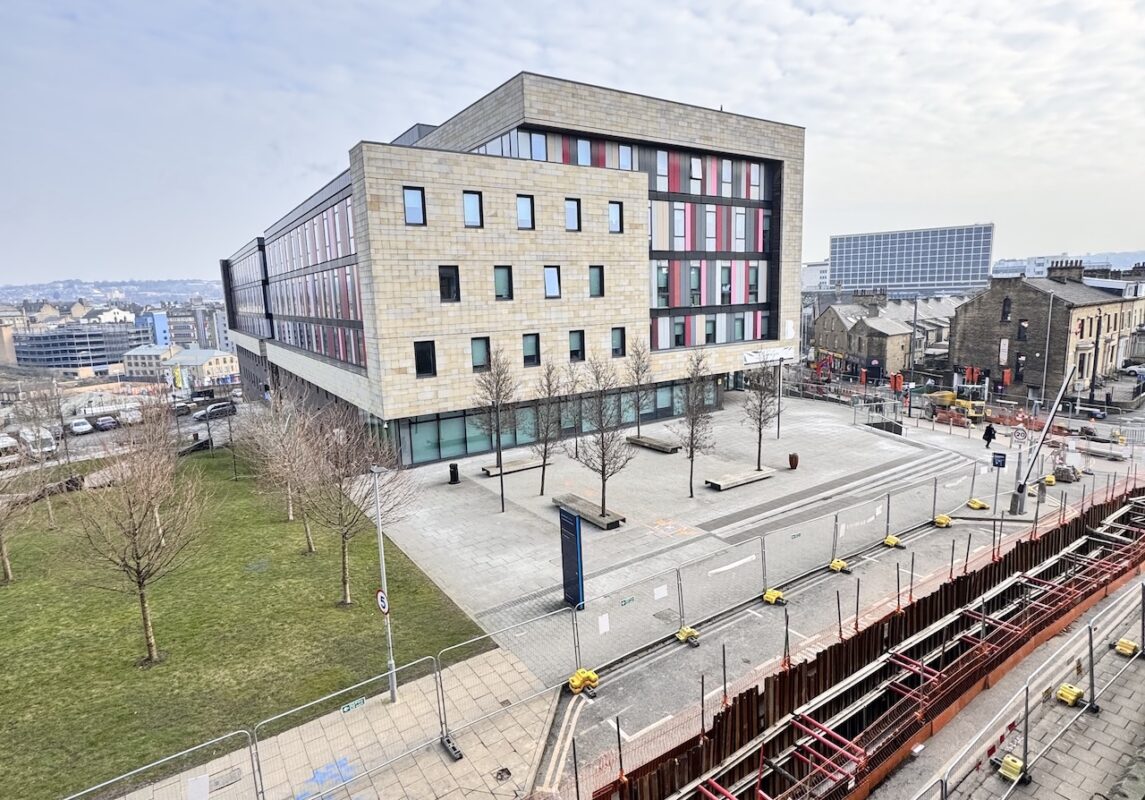

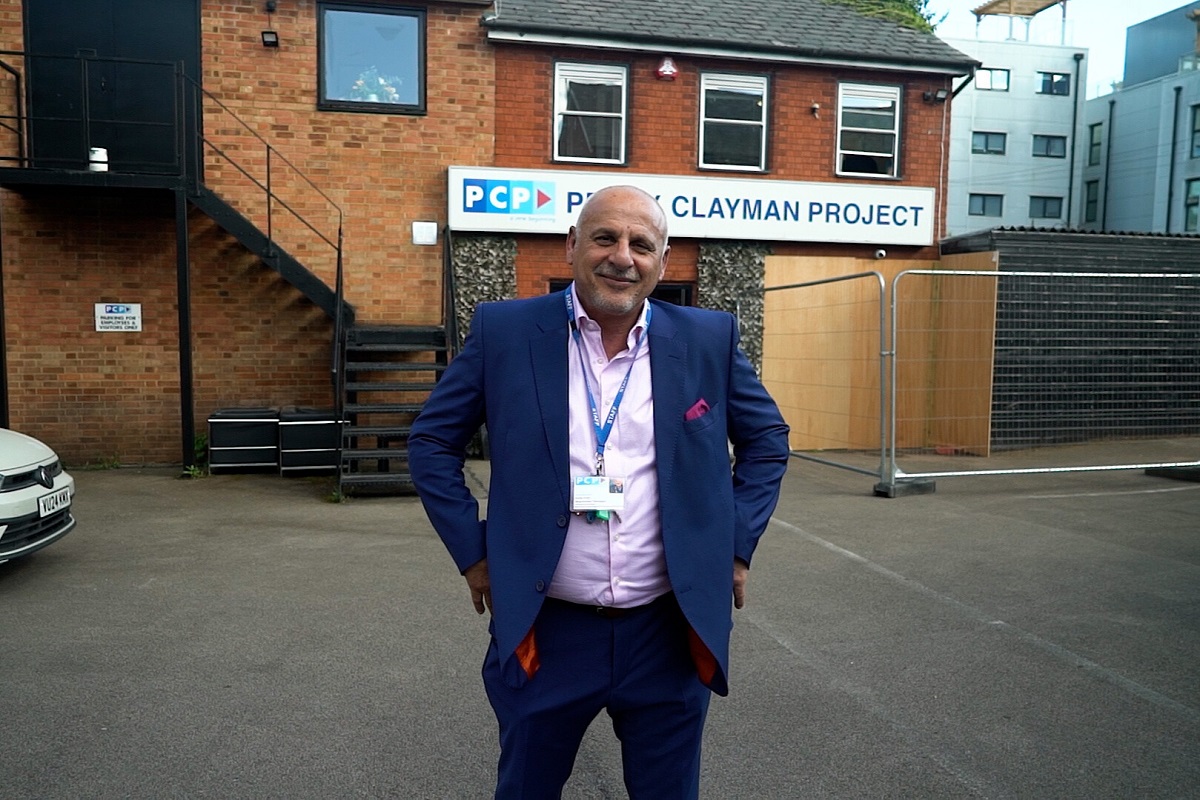
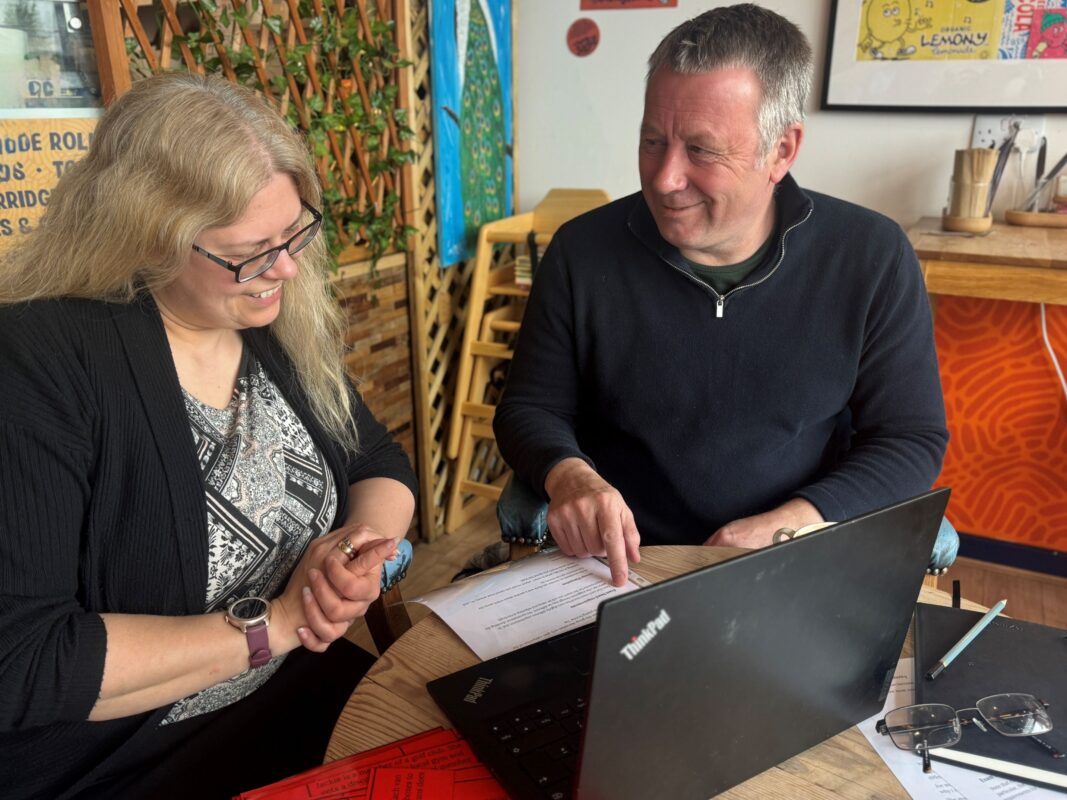
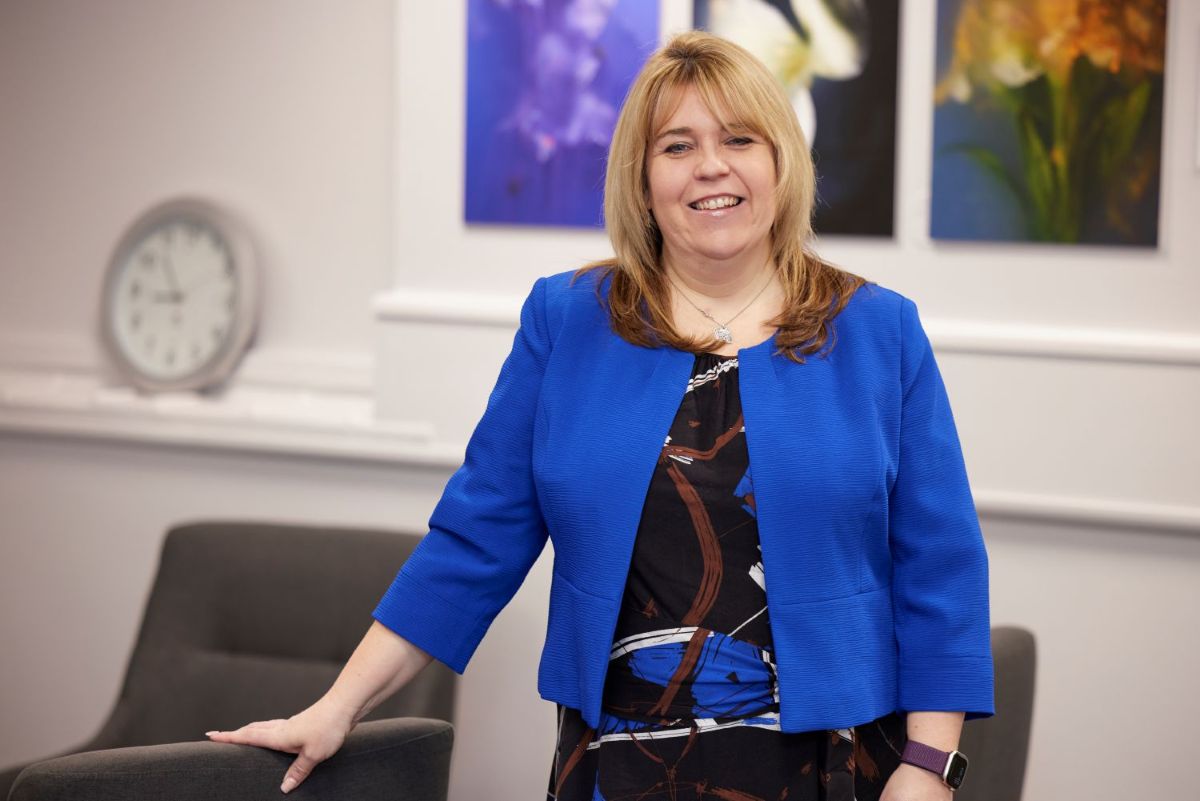


Responses